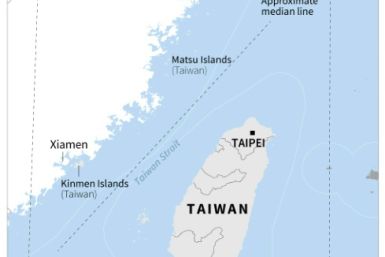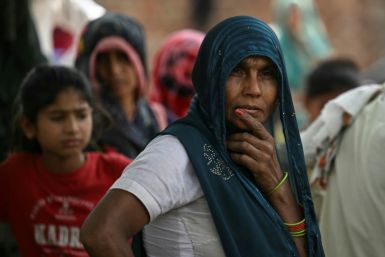World-first Research Offers Hope for Rare Cancer Patients
A milestone research project involving 30,000 Australians is being launched at Cancer Council Victoria today to provide hope to those with rare cancers. The Forgotten Cancers Project is the first epidemiological-based research project in the world focusing on less common cancers.
Statistics show over half of all cancer deaths are due to less common cancers. This is despite the five most commonly occurring types - breast, bowel, prostate, melanoma and lung - accounting for 61 per cent of cancer diagnoses in Victoria.
The Forgotten Cancers Project aims to understand the causes of less common and /or underresearched cancers, and establish ways to prevent them and detect them earlier, leading to reduced mortality rates.
Cancer Council Victoria CEO, Mr Todd Harper, said The Forgotten Cancers Project is exciting because the same research approach successfully pioneered for the five most common cancers would be applied.
“We hope this project will result in a major scientific resource that can be used for future long-term projects by scientists worldwide to test new ideas, methodologies and hypotheses.”
“By discovering which lifestyle factors and which genetic factors increase the risk of cancer, we also hope in the long-term to be able to use the information to develop prevention campaigns to reduce people’s risk.”
Australians over 18 years of age, who have been diagnosed with one or more of the 15 targeted cancers: non-Hodgkin lymphoma, leukaemia, multiple myeloma, kidney, bladder, stomach, brain, liver, oesophagus, pancreas, uterus, thyroid, gallbladder, small intestine and bone cancer, are invited to participate in the study. If eligible, a nominated family member not affected by the same cancer may also be invited to take part.
Cancer Epidemiology Centre Deputy Director, Assoc Prof Gianluca Severi, said the 15 target cancers had been selected for specific reasons.
“We might know some causes of some of the cancers but not a lot. We know some have very poor survival and we really need to find out more about them so we can try to prevent them. And we’ve selected cancers for which we hope there may be genetic causes that we will be able to identify through analysing people’s DNA.”
Participants will be asked to complete an online questionnaire about topics such as lifestyle factors, family history of cancer, medical history and occupational history. They will also be asked to give DNA from either saliva or blood samples.
“We need 1000 people with each type of cancer, and a matching number of relatives, in order to build sufficient information for our research platform.”
Dr Severi said he hoped people would understand the importance for a project of this scale and encouraged Australians to support the initiative.
“Due to the very low incidence of some cancers, such as small intestine for example, we’re really going to need as many people as possible with a diagnosis to come forward.”
“What’s really exciting is that once we’ve filled our quota for one of the cancers, we can then open the doors and select another cancer to start building up the resource.”
With an ageing population, and the fact that cancer occurs more commonly in older people, the number of cancer patients is expected to increase by up to 30 percent over the next 10 years.
Anyone diagnosed with one or more of the 15 cancers who may be interested in participating in The Forgotten Cancers Project can visit www.forgottencancers.com.au






